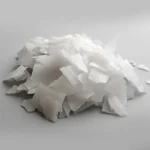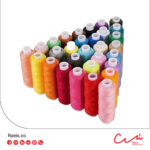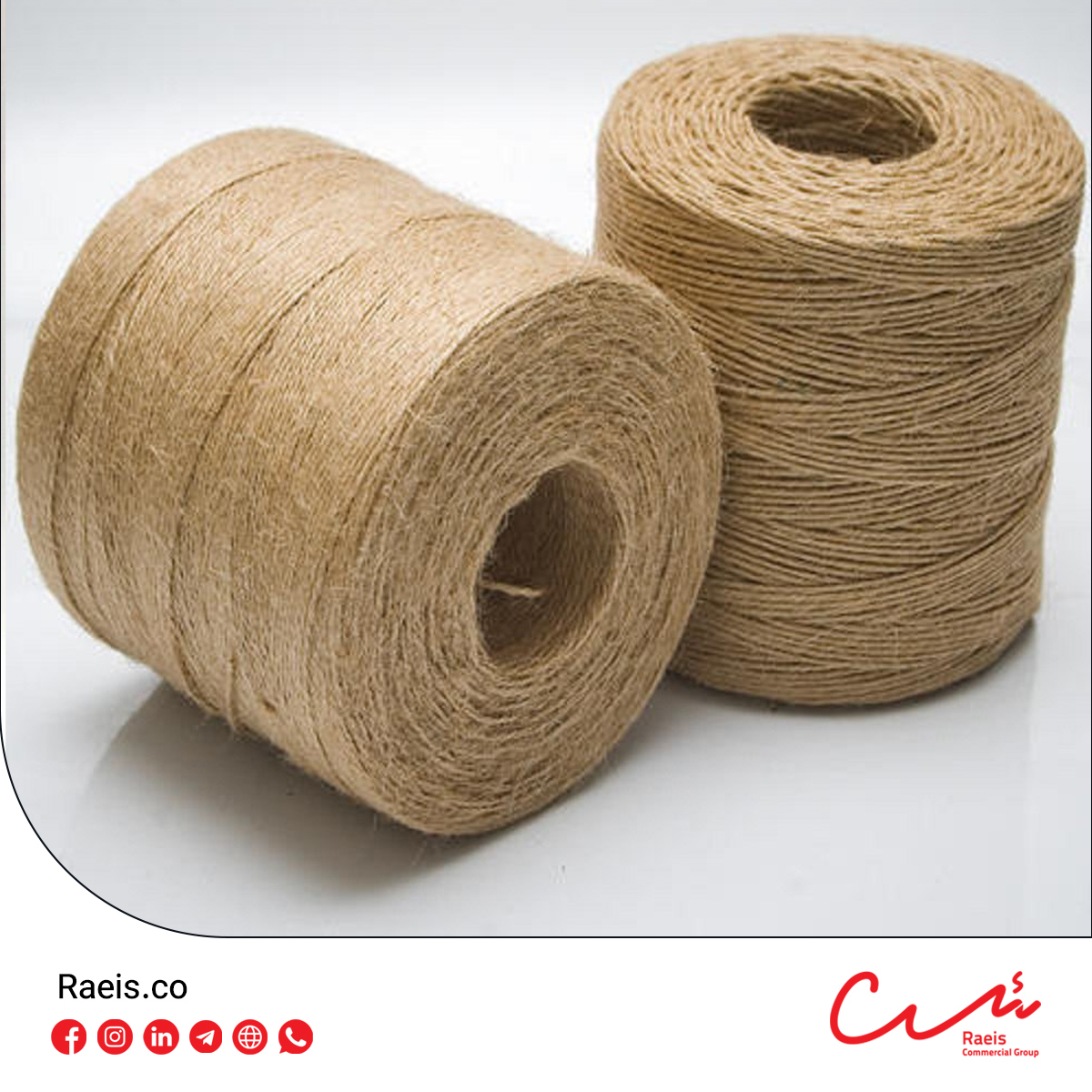Jute thread
ارسال رایگان
تحویل اکسپرس و سریع
20 هزار محصول
روش های پرداخت
پشتیبانی 24/7
پشتیبانی نامحدود آنلاین
تحویل 2 روزه
پیگیری سفارشات
Jute yarn is a natural fiber produced from the jute plant, a primary source for producing yarns used in weaving fabrics and other textile products. Due to its physical and chemical properties, jute yarn has been one of the oldest materials used for making products like carpets, handwoven rugs, bags, leather accessories, socks, and decorative items. Its high tensile strength, softness, flexibility, breathability, and antibacterial properties make it suitable for textiles and items in direct contact with human skin.
Jute yarn is an environmentally friendly and sustainable natural resource for producing high-quality and durable products. Its use spans industries like textiles, crafts, and carpet weaving. Extracted from a resilient plant, it is also eco-friendly, making it a popular choice among green industries.
What is Jute Yarn?
Jute, also known as hessian or Indian hemp, is a long, soft, and shiny plant fiber that can be spun into durable threads. The plant, with deep, dense, and white roots, thrives in tropical climates, making it ideal for growth in regions like India, Bangladesh, China, and Thailand. With widespread cultivation, jute grows in latitudes ranging from 45°N to 30°S, with India being the largest producer, followed by Bangladesh.
Jute fibers vary in length (1 to 4 meters) and thickness (8 to 25 mm) depending on cultivation conditions. Its stem colors range from green to red or purple. Jute products are 100% biodegradable and eco-friendly. Due to its natural fibers and golden shine, it is also known as the “Golden Fiber.” Globally, after cotton, jute ranks second among natural fibers for production and usage. Raeis Industrial Group provides insights into jute yarn types, applications, and pricing in this comprehensive guide.
Purchasing Jute Yarn
Jute yarn is widely used in various industries due to its versatility and strength. Applications include:
- Textile Industry: Used in machine-made carpets, rugs, upholstery, and curtains.
- Packaging: For bags, sacks, and storage materials.
- Agriculture: For plant support and protective coverings.
- Insulation and Conductivity: Due to its natural conductivity, jute yarn is used in certain insulation industries.
Types of Jute Yarn
-
Based on Source: Jute fibers are grown mainly in eastern India and Bangladesh. Major types include:
- Tossa
- White Jute
- Mesta
- Bimli
-
Quality Classification:
Jute fibers are graded from 1 to 8 based on their quality, with grade 1 being the best. Factors like color, length, shine, strength, and root separation influence quality.
-
Industrial Use:
- Fine yarn (below LBS 4)
- Heavy-duty yarn (LBS 80 to LBS 45)
- Specialized commercial and technical yarns
Applications of Jute Yarn
Jute yarn is used across industries for various purposes:
- Packaging: Bags and sacks for transit.
- Home Decor: Rural and modern design themes.
- Carpets and Rugs: Durable and decorative.
- Furniture: Upholstery and seat covers.
- Agriculture: Protective wraps for plant roots.
- Crafts: Handmade bags, curtains, and nets.
Key Considerations When Buying Jute Yarn
- Quality and Grade: Evaluate yarn for its tensile strength, fiber length, and finishing process.
- Application Needs: Choose based on specific industrial or decorative requirements.
- Origin: Products from India and Bangladesh are renowned for quality.
- Volume and Transport: Bulk purchases reduce costs; assess logistics for international shipping.
- Certification: Ensure compliance with international quality standards.
Factors Affecting Jute Yarn Pricing
- Production and Supply: Weather conditions and harvest affect availability.
- Global Demand: Increasing eco-conscious consumerism drives up prices.
- Transportation Costs: Rising fuel prices and tariffs impact final costs.
- Currency Fluctuations: Exchange rate changes influence import/export prices.
Jute Yarn Pricing
Prices vary based on quality, origin, and processing techniques. For competitive pricing and quality assurance, Raeis Industrial Group offers reliable solutions for jute yarn procurement.
Summary
This guide by Raeis Industrial Group provides detailed insights into purchasing jute yarn, its various types, applications, and factors influencing its pricing. For consultations and inquiries, Raeis Industrial Group experts are ready to assist with tailored solutions.
Show reviews in all languages (13)





Reviews
There are no reviews yet.